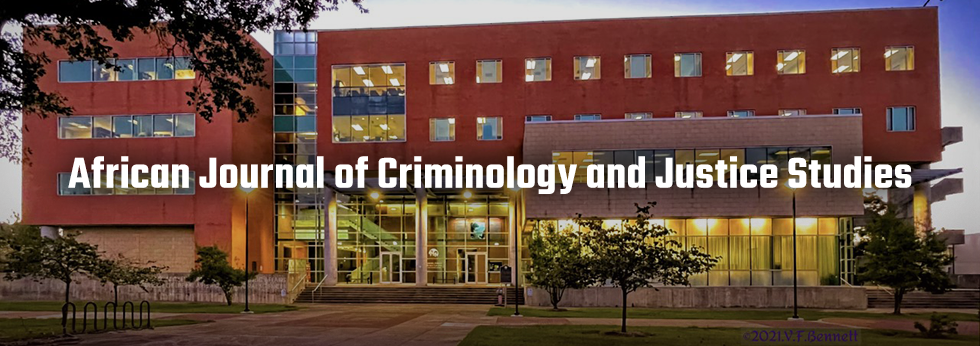Abstract
In Australia, Canada, New Zealand and the United States of America, Indigenous peoples continue to experience incarceration at markedly disproportionate rates. Some scholars have criticised criminology for contributing to this social problem by marginalising Indigenous peoples in research and research publications. This study is a first attempt to quantitatively evaluate the (de)colonised state of contemporary criminology. It involves a comprehensive review of research on ‘Indigenous peoples in the criminal justice context’, which has been undertaken in aforesaid countries and was published in elite criminology journals over the past decade (2001-‐2010). The findings reveal that publication rates on the subject are low both compared to incarceration rates and compared to the quantity of academic discourse about other disproportionately incarcerated social groups. Since an adequate, i.e. attention-‐grabbing, quantity of academic discourse has been linked to the public recognition of social problems, the dearth of publications on the subject suggests that mainstream criminology inhibits public attention to the issue and thus contributes to the marginalisation of Indigenous peoples, the reproduction of social inequality and the preservation of elite power.
Recommended Citation
Deckhert, Antje
(2014)
"Neo-‐Colonial Criminology: Quantifying Silence,"
African Journal of Criminology and Justice Studies: Vol. 8:
Iss.
1, Article 4.
Available at:
https://digitalscholarship.tsu.edu/ajcjs/vol8/iss1/4


